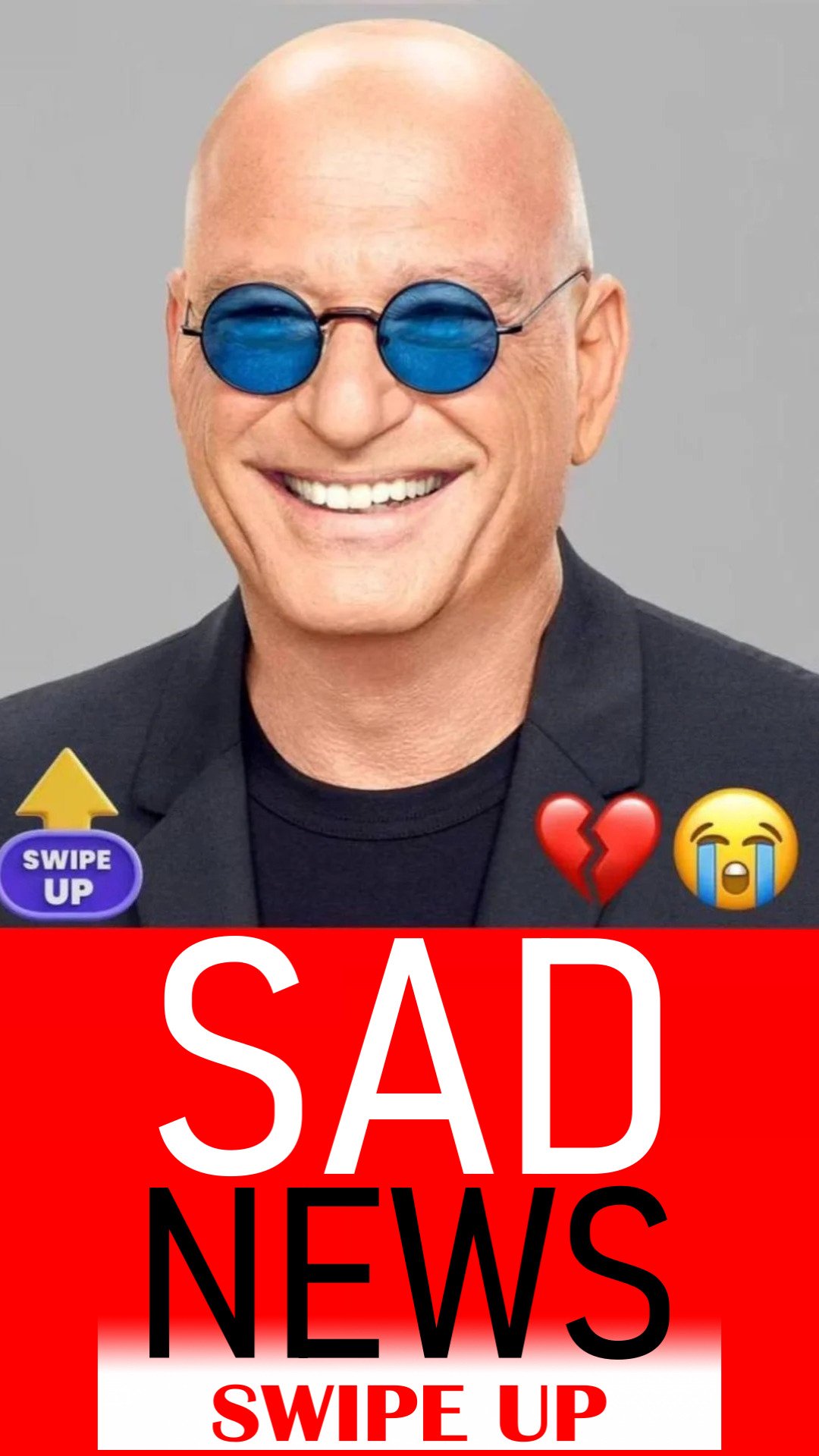Howie Mandel, the beloved comedian and television host, has long captivated audiences with his humor and charisma. Yet, beyond the laughter and the stage lights, Mandel has navigated a complex and challenging personal journey, marked by his struggles with mental health. Living with Obsessive-Compulsive Disorder (OCD) and Attention Deficit Hyperactivity Disorder (ADHD), Mandel has transformed his platform into a powerful tool for reducing stigma and promoting understanding around these conditions. His candidness about his experiences has not only shed light on these often-misunderstood disorders but has also inspired countless individuals to seek help and embrace their own mental health journeys.
Early Life and Career Beginnings
Born on November 29, 1955, in Toronto, Canada, Howie Mandel’s early life was marked by a burgeoning love for comedy and entertainment. His journey into the limelight began somewhat serendipitously when he was expelled from high school for impersonating a school official and hiring a construction company to build an addition to the school. This incident, while troublesome at the time, showcased his natural flair for performance and humor.
Mandel’s big break came in the late 1970s when he performed at Yuk Yuk’s, a famous comedy club in Toronto. His unique style and infectious energy quickly caught the attention of audiences and industry professionals alike. This led to numerous opportunities, including a spot on the iconic television show “St. Elsewhere,” where he played Dr. Wayne Fiscus. The show’s success propelled Mandel into the national spotlight, laying the foundation for his future endeavors in comedy, television hosting, and voice acting.

Living with OCD and ADHD
Despite his professional success, Mandel’s personal life was profoundly impacted by his struggles with OCD and ADHD. OCD is a mental health disorder characterized by recurring, unwanted thoughts (obsessions) and repetitive behaviors (compulsions). For Mandel, this manifests as an intense fear of germs, leading him to adopt various behaviors to manage his anxiety. Avoiding handshakes, obsessively washing his hands, and ensuring his environment is meticulously clean are just a few ways his OCD influences his daily life.
ADHD, on the other hand, affects Mandel’s ability to maintain focus and manage impulsive behaviors. This condition, often misunderstood as mere hyperactivity, requires significant effort to navigate, especially in a demanding industry like entertainment.
Mandel’s candidness about his conditions is rare in an industry that often prioritizes a polished public image over personal struggles. He has openly discussed how these disorders impact his life, sharing both the challenges and the strategies he employs to cope. By doing so, Mandel has provided a relatable and reassuring voice for many who face similar struggles.

Impact on Personal and Professional Life
Mandel’s fear of germs is so severe that it has influenced both his personal and professional interactions. He famously avoids handshakes, opting instead for fist bumps, which he considers less likely to spread germs. This behavior, while initially perplexing to some, has become a trademark of Mandel’s public persona. It also serves as a subtle but powerful reminder of the invisible challenges that many individuals with OCD face daily.
Despite these challenges, Mandel’s career has continued to flourish. His work as a judge on “America’s Got Talent” and as the host of “Deal or No Deal” has solidified his status as a beloved television personality. These roles have not only showcased his comedic talent but have also provided him with a platform to advocate for mental health awareness.
Mandel’s ability to balance his career with his mental health challenges is a testament to his resilience and determination. He has often spoken about the importance of therapy, medication, and a supportive environment in managing his conditions. By sharing his story, Mandel has helped to demystify mental health disorders, demonstrating that it is possible to lead a successful and fulfilling life while managing these challenges.

Advocacy and Breaking the Stigma
One of Mandel’s most significant contributions to the mental health community is his advocacy work. By speaking openly about his experiences with OCD and ADHD, he has played a crucial role in reducing the stigma surrounding these conditions. Mandel’s advocacy extends beyond his public appearances; he actively supports various mental health organizations and initiatives aimed at providing resources and support for individuals with mental health disorders.
In interviews and public speaking engagements, Mandel emphasizes the importance of seeking help and understanding that mental health disorders are not a sign of weakness. His message is clear: mental health is just as important as physical health, and there should be no shame in addressing it. This perspective has resonated with many, encouraging them to seek the help they need and fostering a more compassionate and informed dialogue about mental health.
Mandel’s efforts have not gone unnoticed. He has received numerous accolades for his advocacy work, including recognition from mental health organizations and the broader entertainment industry. His honesty and vulnerability have made him a respected voice in the conversation about mental health, inspiring others to share their stories and seek support.

The Power of Humor and Resilience
Humor has always been a cornerstone of Mandel’s career, and it also plays a significant role in his approach to mental health. He often uses comedy as a coping mechanism, finding ways to laugh at his struggles and sharing that humor with others. This approach not only helps to alleviate some of the anxiety associated with his conditions but also makes his message more accessible to a broader audience.
Mandel’s resilience in the face of his mental health challenges is nothing short of inspiring. He has turned what could be perceived as weaknesses into strengths, using his platform to advocate for a cause that affects millions. His journey is a testament to the power of resilience, determination, and the importance of seeking help.

Inspiring Others
Mandel’s story has had a profound impact on many individuals who struggle with mental health disorders. His willingness to speak openly about his experiences has provided a sense of validation and support for those who may feel isolated or misunderstood. By sharing his journey, Mandel has shown that it is possible to thrive despite the challenges posed by mental health disorders.
For many, Mandel’s story serves as a beacon of hope. It demonstrates that with the right support, treatment, and mindset, individuals can lead fulfilling lives while managing their conditions. His advocacy has helped to create a more inclusive and understanding environment for those living with mental health disorders, encouraging a more compassionate and informed dialogue.
Conclusion
Howie Mandel’s journey is a powerful example of how personal struggles can be transformed into a force for positive change. His candidness about his experiences with OCD and ADHD has not only raised awareness but has also inspired countless individuals to seek help and embrace their own mental health journeys. Mandel’s resilience, humor, and advocacy work have made him a respected voice in the conversation about mental health, and his efforts have undoubtedly contributed to a more compassionate and informed society. Through his platform, Mandel continues to spread a message of hope, resilience, and the importance of mental health, proving that it is possible to thrive while managing mental health challenges.

